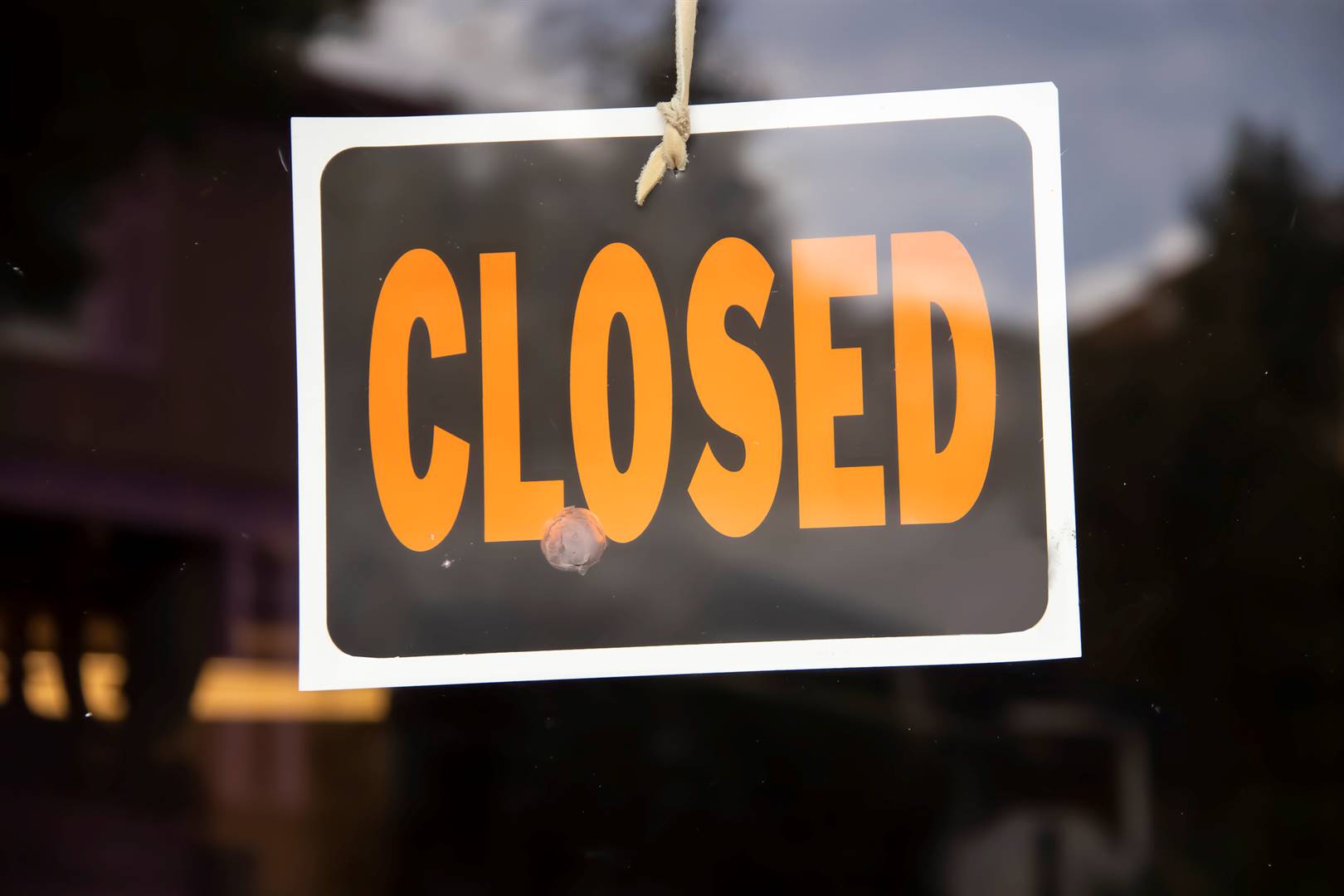
South Africa’s state-owned enterprises are the likely reason why government will go bankrupt.
Besides the biggest culprit, Eskom, which will be receiving a R230-billion bailout over the next few years, many other SOEs are also in trouble.
One that has managed to fly under the radar is SA Express.
All of us know about SAA’s problems, but just to reinforce that they really can’t run an airline, SA Express also appears to be in serious financial trouble.
SA Express (SAX) has not released a set of audited financial statements since 2016 yet received a government bailout of R1.24 billion in November 2018.
South African taxpayers are being forced to throw money at something without knowing how it will be spent due to the lack of transparency.
This is an outrage but, sadly, we seem to have become quite accustomed to doing this.
The problems with SOEs highlights the folly of governments that own companies.
To keep them running, governments have to plug them into an involuntary source of funds that is then spent by people to whom the funds do not belong.
You might think that democracy would be an adequate check but, in South Africa, with more than a 38% rate of unemployment (the expanded definition of unemployment), it is clear that the majority of the population do not pay taxes.
It is interesting that the government has a Competition Commission meant to act against anti-competitive behaviour, and, at the same time, also engages in this kind of behaviour.
What else should we call it when government props up its own companies because it is beyond them to compete against other companies in the market?
Companies that compete for survival are the very same people government taxes to fund its SOEs.
That last line might seem like an exaggeration but think about it. You can buy shares in a private company and become a part owner.
For example, the biggest (by market capitalisation) private company on the JSE is AB Inbev. You can buy a share for around R1,500 excluding broker fees and taxes.
This is not true of any SOE – including SAX.
It is reasonable, therefore, to say that government is using our money to subsidise companies competing against us.
When a private company doesn’t release a set of audited statements like SAX has failed to do, no sane investor will give that company money.
But SAX has no need to worry. The government has access to as much of our money as it deems necessary.
Do you recall how the Steinhoff share price tumbled when the company failed to release audited results?
That is the beauty of the market. Bad behaviour is punished, inefficiency is not tolerated.
This is the very opposite of what happens when the government is the owner.
In December 2018, after receiving R1.24 billion from the government, the SAX CEO boasted that they would be cutting prices by 35% to 55% to compete with private players.
Of course, you can do this when you have billions in taxpayer funds backing you.
South Africa is in an untenable fiscal situation due to irresponsible choices by politicians.
We simply cannot afford to continue subsidising companies like SAX which has been running at a loss since at least 2011.
Not all companies deserve to be saved. Imagine if we tried to save every company in the JSE.
Besides costing a lot of money, it would make the South African economy bloated and inefficient.
The truth is, letting inefficient companies fail is an important part of how the market drives efficiency.
Companies that cannot fail because they have unlimited subsidies from the taxpayer can only become more and more inefficient and require further bailouts.
If we cannot allow SOEs to fail when they are inefficient, then the services and products they produce will balloon in cost and those companies will need a never-ending stream of bailouts.
Mpiyakhe Dhlamini is a data science researcher at the Free Market Foundation. The views expressed in this article are those of the author and not necessarily those of the Free Market Foundation




 Publications
Publications
 Partners
Partners








